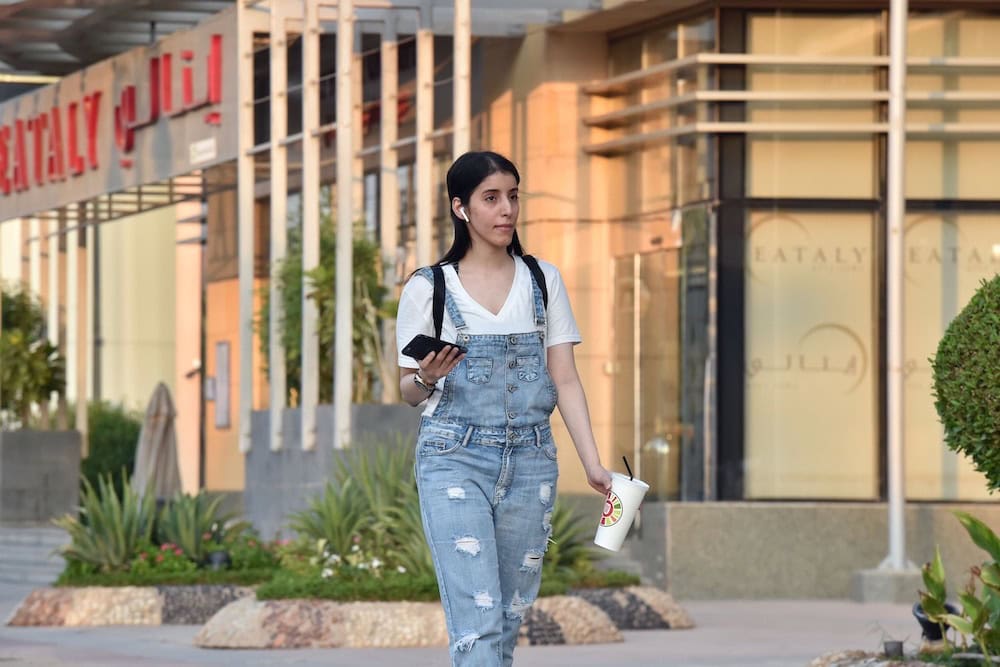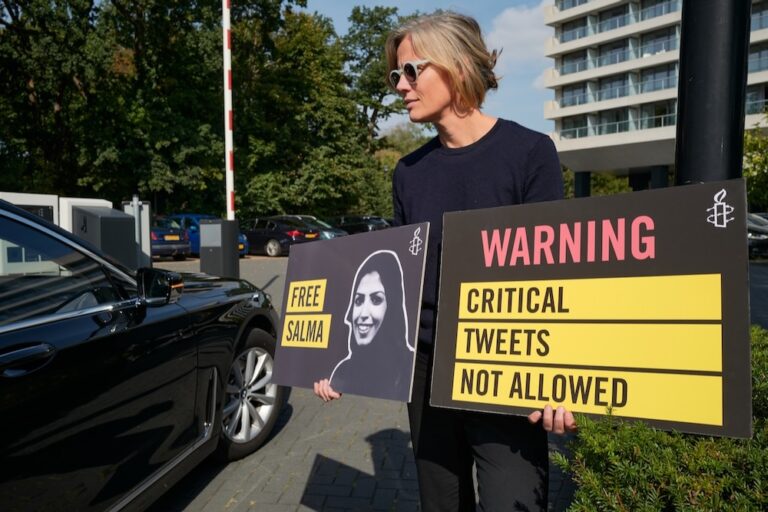For years, the Kingdom has arrested women’s rights activists who campaigned to end the male guardianship system.
This statement was originally published on adhrb.org on 19 April 2024.
The UN’s Commission on the Status of Women (CSW) unanimously appointed Saudi Arabia to chair its 69th session in 2025. Abdulaziz Alwasil, the Saudi ambassador to the UN, was elected on March 27 to represent his country. Being chair of the CSW means that Saudi Arabia pivots the political, economic, civil, and social prerogatives of women inside the Commission. In addition, they are the leading actor with the role of highlighting pressing issues for women and girls during conflict. Various human rights advocates have criticized the controversial decision. In particular, the Amnesty International Deputy Director deemed it abysmal. Human Rights Watch (HRW) also warned the UN on its decision to appoint a country that systematically discriminates against women and persecutes rights activists. Unfortunately, it is not the first time that, at the UN level, countries with poor human rights records have been appointed to chair forums promoting social rights.
The United Nations Commission on the Status of Women aims to include, in its agenda, global policy documents of countries around the world on gender equality and empowerment. According to official statements, the government is in line with these goals, after what it describes as important achievements that have been achieved to empower women’s rights. In particular, authorities hail the 2022 Personal Status Law as a milestone for progress and equality for women.
However, Saudi Arabia systematically promotes well-established gender discrimination laws and portrays them as progressive. For example, the 2022 Personal Status Law has been criticized for perpetuating the male guardianship system and codifying discrimination against women. The law fails to provide adequate protection for women from domestic violence and makes them vulnerable to psychological abuse. Men often have the right to limit financial support to their wives if disputes arise. Therefore, the law codifies (and protects) men’s guardianship powers in Saudi Arabia. Male guardianship is a system in which women depend on a man who has the authority to make a range of crucial decisions.
However, this is not the only critical aspect of women’s discrimination in Saudi Arabia. For years, the Kingdom has arrested women’s rights activists who campaigned to end of the male guardianship system. One of the famous cases is that of Manahil Al-Otaibi, who was a victim of enforced disappearance and was imprisoned because of her support for women’s rights on social media platforms. However, women demanding human rights reforms and others who were imprisoned, are facing travel bans and are unable to speak freely.
In conclusion, ADHRB condemns the United Nations and the voting countries for allowing such ridiculous decisions. Such choices damage the reputation of the United Nations and show that Member States are using biopolitical considerations that go beyond the overall goals of the organization. For this reason, ADHRB asks: How can human rights bodies have credibility when allowing such controversial decisions?



